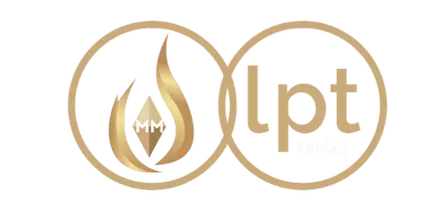MORTGAGE CALCULATOR
An FHA loan is a mortgage insured by the Federal Housing Administration. With a minimum 3.5% down payment for borrowers with a credit score of 580 or higher, FHA loans are popular among first-time home buyers who have little savings or credit challenges.
The FHA insures mortgages issued by lenders. That insurance protects lenders in case of default, which is why FHA lenders are willing to offer favorable terms to borrowers who might not otherwise qualify for a home loan.
An FHA loan can be used to buy or refinance single-family houses, two-to four-unit multifamily homes, condos, and certain manufactured homes.

The VA does not require a down payment and is flexible when it comes to credit history.
Some of the benefits of a VA loan:
Flexible underwriting and lower credit requirements
Fewer fees and lower closing costs in general
No down payment required
No mortgage insurance
Can be used to purchase or refinance an existing loan

The USDA guarantees a mortgage issued by a participating local lender — similar to an FHA loan and VA-backed loans — allowing you to get low mortgage interest rates, even without a down payment. If you put little or no money down, you will have to pay a mortgage insurance premium, though.
Income limits to qualify for a home loan guarantee vary by location and depend on household size.
USDA guaranteed home loans can fund only owner-occupied primary residences.


Obtaining a mortgage to purchase a condo works differently than getting a loan to buy a single-family home. Dollar for dollar, a typical condo loan will have stricter requirements and higher costs than a home loan for a standalone house at the same price. Mortgages for condo units are more expensive than mortgages for single family homes due to the fact that the value of the condo unit is subject to additional risk factors, many of which are outside the borrower’s control.
Typically, rates for condos are higher than the interest rates for a single-family home. Although the difference in monthly payment seems small, remember that condo association dues are a mandatory addition to your bill, which you will also have to qualify with.

A jumbo loan, or jumbo mortgage is a mortgage loan that exceeds the limit set by the Federal Housing Finance Agency (FHFA). Jumbo loans cannot be secured by the government-sponsored Fannie Mae or Freddie Mac, which make these loans risker for lenders. Fannie and Freddie set limits on how high your mortgage can be-they’re called confirming loan limits. Mortgages that fall under the limit have insurance that protects the lender. Jumbo loans are sometimes called non-conforming loans because they go above this limit.
Conforming loan limits vary by state and market. In 2024, the conforming loan limit for Central Florida was changed to $726,200 for a single-family unit. If the amount of money you borrower goes above that limit, your loan automatically becomes a Jumbo loan. Jumbo loans typically have much higher down payment requirements compared to conventional loans. These mortgages are riskier than conventional or government-backed mortgages because they don’t have insurance, so many times the rates are slightly higher.

